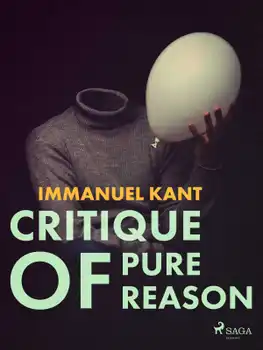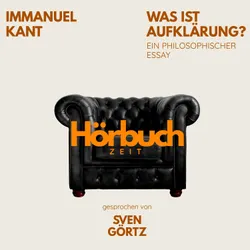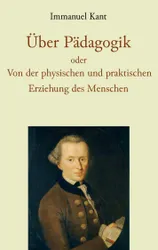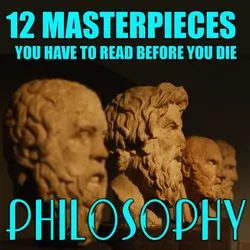Immanuel Kant’s ‘Critique of Pure Reason’ (1781/1787) is the German philosopher’s best-known work. A controversial book of it’s time, Kant sought to determine the limits of metaphysics.
In this ground-breaking work, Kant redefines our understanding of epistemology by combining two opposing philosophical theories: rationalism and empiricism.
For anyone who was inspired by the character Chidi's love of Kant in Netflix's 'The Good Place', ‘Critique of Pure Reason’ is as innovative as it is interesting and a must-read for all philosophy enthusiasts.
Immanuel Kant (1724 – 1804) was a German philosopher and a key Enlightenment theorist who continues to be a prominent influence in Western philosophy. Raised in a pious household with devout parents, Kant quickly became known for his work in ethics and metaphysics. He is best known for his works ‘Critique of Pure Reason’ (1781/1787) and ‘Critique of Judgement’ (1790). Kant’s legacy has had far reaching impacts, influencing notable figures such as Carl Jung, Noam Chomsky and Albert Einstein. Kant’s final days were portrayed in the slapstick comedy ‘The Last Days of Immanuel Kant’ (1996) starring Buster Keaton and Jacques Tati.












